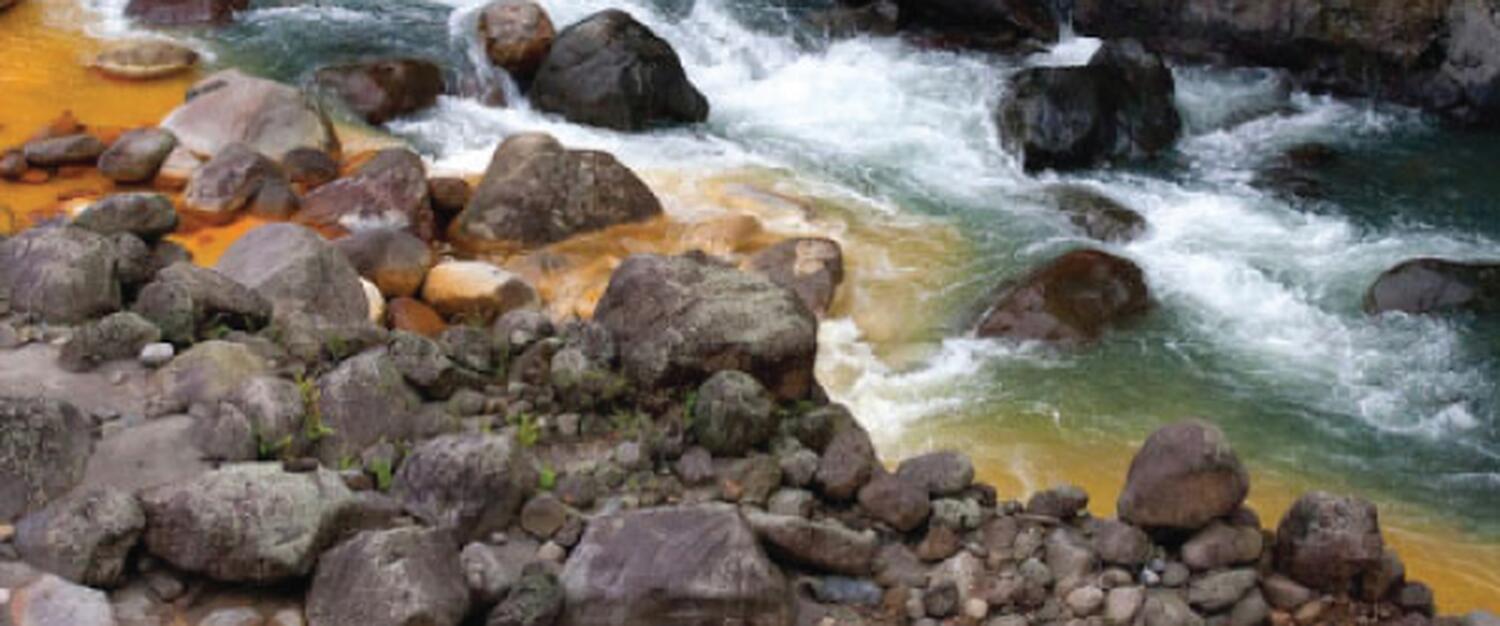
Geochemistry
High temperature petrology and geochemistry at Illinois includes two major foci: The first focuses on understanding the rates, time scales and mechanisms of melting and differentiation of the Earth’s magmas. Prof. Craig Lundstrom’s group attacks petrologic problems from multiple angles, including laboratory experiments at high pressure and temperature and high precision isotopic analysis using our multi-collector ICP-MS. Recent work breaks new ground by combining laboratory experiments examining diffusion with high precision isotopic analyses of “non-traditional isotope systems” such as Mg, Fe and Si to understand the origin of Earth’s plutonic rocks and its magmatic diversity, and providing a new hypothesis for the origin of the continental crust. Prof. Michael Stewart uses a variety of Geochemical analyses to study igneous rocks.
Low-temperature geochemistry at Illinois focuses on reactions that take place near the Earth's surface, particularly in groundwater. Prof. Tom Johnson focuses on novel stable isotope variations of heavier elements (Cr, Se, Hg, U) in groundwater, and on the behavior of contaminants in response to chemical reactions and microbial activity. His research incorporates extensive use of the multi-collector ICP-MS facility. Prof. Jenny Druhan creates numerical models to provide insights into geochemical and isotopic variations in groundwater and surface water driven by water transport and chemical or microbial reactions. Prof. Rob Sanford focuses on microbes' influence on the geochemistry of waters. Prof. Emeritus Craig Bethke developed Geochemist‘s Workbench™, a software package that aids aqueous geochemists with variety of equilibrium and kinetic geochemical calculations.
Faculty working in Geochemistry
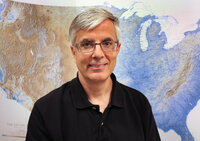
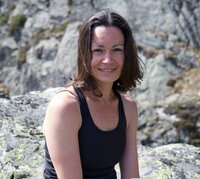
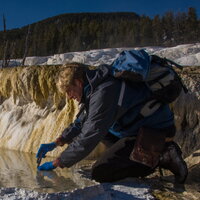
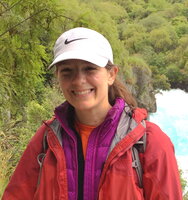


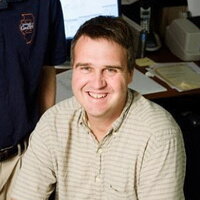
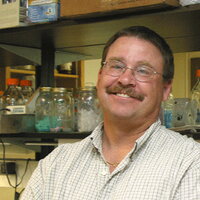
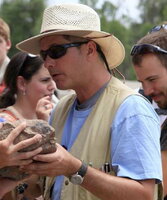

Related News
- Geology may play a part in solving one of the medical world's most painful problems! In a collaboration between the University of Illinois and the Mayo Clinic, researchers have shown that...
